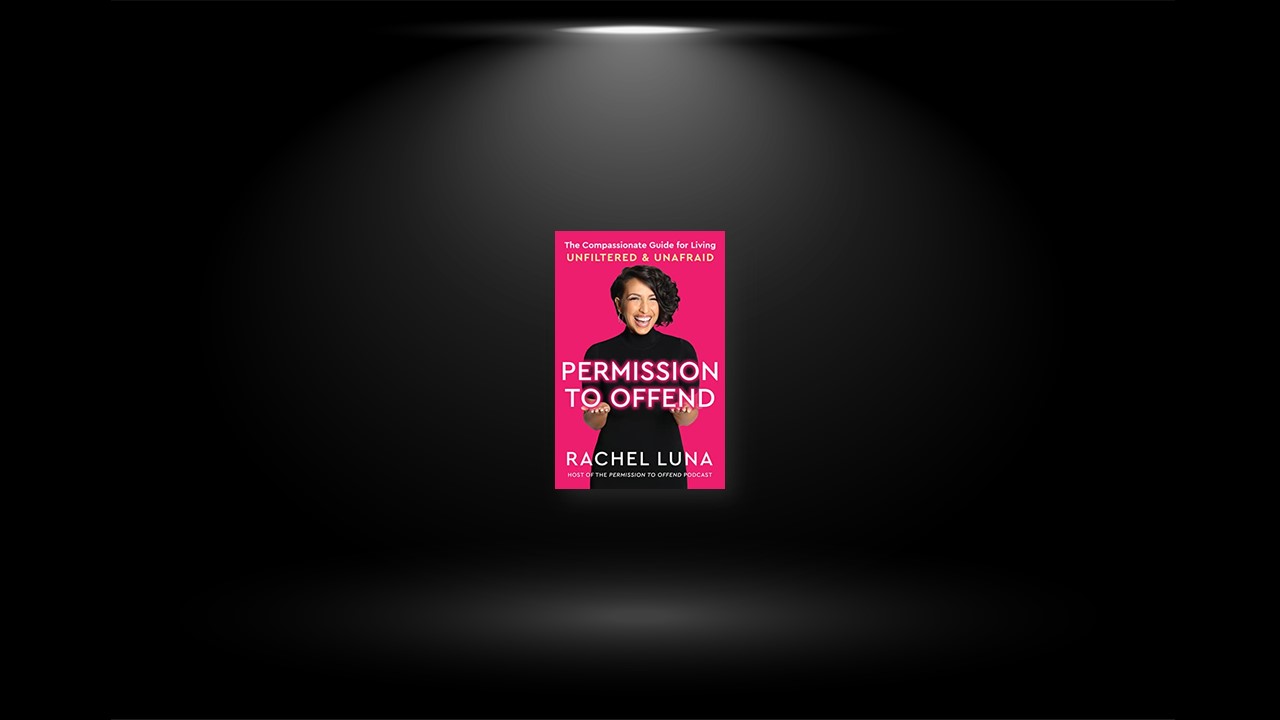Activate Your Truth
The story itself is neutral. A story is neither good nor bad. It’s the meaning we assign to our stories that drives the emotions and labels of “good” and “bad.” Most of your thoughts happen automatically. Stories can be conscious or subconscious. We tell stories that support our beliefs. You can choose to accept or reject a story at any moment. Pay attention to the feelings that seemingly pop up out of nowhere. Those are clues that stories are being replayed beneath the surface. Identifying the facts, separating your stories, questioning those stories, and choosing new beliefs all create an opportunity for healing, intimacy, and freedom in your relationships and your life as a whole.
Define Your Beliefs + Values
Confusing your roles and responsibilities with your identity is detrimental to your truth. Document the difficult, even if you don’t feel like it in the moment. It will serve you and potentially others in the future. Beliefs + Values = Identity. Your beliefs and your values amplify your identity, so make sure to examine them often. Question everything just to make sure who you are is who you have chosen to be and not what was chosen for you.
Anchor Your Identity
You get to validate and disprove your beliefs and values on a daily basis. Your beliefs amplify your identity. Shame is not who you are. Shame is the feeling produced from taking (or not taking) actions that don’t align with your true identity. No one can shame you unless you let them. A limiting belief is a state of mind or conviction that you think to be true but limits you in some way. Thank your unnecessary thoughts and request life-affirming thoughts. Self-rejection is what we do as a coping mechanism to help us feel safe. Traumatic life experiences can sometimes lead us to adopt identities outside our truth, not just because we aren’t sure of who we are but also because we’re looking for ways to feel safe and protected.
Become the Empathetic Offender
Empathy is the ability to understand and share the feelings of others. Automatic self-preservation causes us to become who we need to be in order to stay safe. Personal truth is what you have chosen to believe despite the opinions, thoughts, or evidence presented by others. Operating in low personal truth is not synonymous with being inauthentic. Rather, you are engaging in actions that are not aligned with your values or beliefs in order to meet your needs in the moment. It’s normal to see yourself in one or all of the identities in the framework.
Walk in Offense
Your OCQ is an indicator of how much offense you can tolerate receiving from others. It’s a measure of your ability to remain firmly grounded in your identity regardless of someone else’s thoughts, actions, words, or behaviors. Bottom line: the higher your OCQ, the more unbothered you are when someone says some off-the-wall BS. Your world isn’t rocked; your foundation is solid and you can continue to move forward, unfazed. Here are three simple steps to increasing your OCQ:
Get curious. Ask clarifying questions. What did they mean? What do you mean? Are there any stories you’re telling yourself? Are there any stories the other person is telling themself? Is there any common ground between you both? What if it’s not personal? What if it is personal? What are you making it mean? What are they making it mean? Ask as many clarifying questions as you can to find a point of connection.
Affirm your truth. Continue to remind yourself of what you believe and value. When potentially “offensive” people or situations pop up, affirm your truth and take only the actions that align with your values and beliefs.
Practice being “offended.” Start speaking, doing, and being exactly who you want to be. Pursue a passion, share a post with your beliefs, change your wardrobe—do the things you fear will offend others and practice responding with high OCQ thoughts.
Your brain initially registers change as a threat to survival. The antidote to the brain’s threat perception of change is to seek the opportunity. Enrolling others in your vision is the key to setting and honoring your boundaries. It’s okay to say, “I’m not available.”
A high Offense Capacity Quotient (OCQ) helps your relationships. A high OCQ helps you honor your boundaries, because you’re not as concerned with the opinions of others and you’re more likely to engage in difficult conversations with boundary bullies—including yourself. When you and others collectively increase your capacity to engage in conversations deemed “offensive,” you are then able to find more common ground and create more global unification.
End the Validation Addiction
Most judgment is automatic and unintentional. When others judge you, it’s an indication that you have their attention. The only way to possibly avoid judgment is to stay hidden, although you might then be judged for not showing up. Let wisdom, not worry, be the thing that keeps you quiet. The pursuit of validation creates the desire for validation. The path to freedom is marked by verification, not validation. Seek verification over validation.
Risk Your Reputation
You must be willing to risk your reputation in order to step into the next iteration of who you really are. In order to risk, you must release your emotional attachment to the outcomes. Peace comes only when you surrender. Surrender and accept all of who you are now so you can embrace who you are becoming.
Surrender requires faith and acceptance. Can you fully accept your own personal truth, and will you surrender any and all ideas that no longer align with that truth? If you can, you’ll be able to enjoy the freedom you’re ready to experience.
Offend with Intention
Shying away and not being willing to offend in defense of your truth can be detrimental to your identity, mission, and purpose. It may be necessary to offend even in moments others might deem “inappropriate.” Use judgment and wisdom to proceed accordingly. Although the observer of your truth might be offended, your truth is not offensive. Review a person’s body language, facial expression, and tonality to help ensure your intention is being accurately communicated. When you give yourself permission to offend, it might trigger the death of a dream someone had for your life. This is not your dream to resuscitate. Carry on in your truth.


